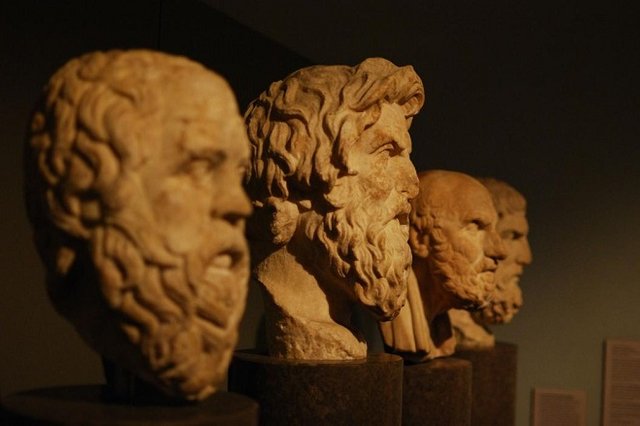Supernatural truth and cognitive process
Theological thinking in our present day increasingly focuses our attention on the relationship between the truths of the Revelation and the cognitive abilities of natural intelligence on the path to true God-knowledge. In this respect, Vladimir N. Lossky's views, creatively systematizing and further developing the apophatic theology of the Areopagites, St. Gloriy Palamas, the original formulation of this question we encounter in the candle . Pavel Floreansky and in Lev Chestov. In the neo-tomist, the relationship between Divine Revelation and reason has its traditional solution in defining the relative frontier sectors between faith and knowledge and the so-called dialectical theology (Carl Bart), by indicating the absolute purity of anthropomorphic elements of God's name .
On the other hand, Paul Tilich and Karl Jaspers maintain the theories that the symbols and the cipher (ie. the typhoon contained in the being is the specific language through which the transcendent is expressed. Emil Bruner's views on the relationship between faith and the gnosis and Cardinal Joseph Ratzinger's attempt to express some aspects of God's essence through the pre-eternal unity of Truth and Love and the creative unfolding of the Logos in the material universe as Sense and Love. All this is evidence of the great diversity, variedness and discrepancy of views in the consideration of the problem, which are rooted primarily in the differences between the historical tradition and the particularities of Orthodox, Roman Catholic and Protestant theology. Does the "light of natural reason" or "the darkened mind" accompany the divinely proclaimed truth? This question relates to the main confessional differences about the relationship of Divine Revelation, philosophical belief, and cognitive process.
In Roman Catholic theology, truths received through natural reason do not contradict the Divine Revelation. What is not available for human knowledge is not unreasonable, but transational. The surrounding reality is examined and explored by philosophy in terms of its natural law, while faith places the whole universe in the attitude towards God who created it, so that the creative power and impact of the Creator can be learned through His creation. Knowledge acquired through reason is not in contradiction with the God-revealed truths revealed by God. On the contrary, they complement each other, so that where the natural begins and unfolds, it is later perfected through grace. God has embodied the light of reason in the essence of man whose cognitive abilities have limits. The truths that the human mind is unable to reach are revealed by the Revelation, casting light on the inaccessible for the mysteries secrets of being. Faith and knowledge are directed to one goal - God. According to contemporary neo-tomism, philosophy and religion are in two directions - one is to God, the other comes from Him. The path of the philosophical quest is traced back to the natural intelligence exalting the Absolute God by revealing the meaning of creation; the path of theology is in the illumination by the mind of the supernatural Revelation, coming to the created beings. / The Immanent so-called truth of things /

Hola, muy interesante tu post y con mucha tela que cortar.